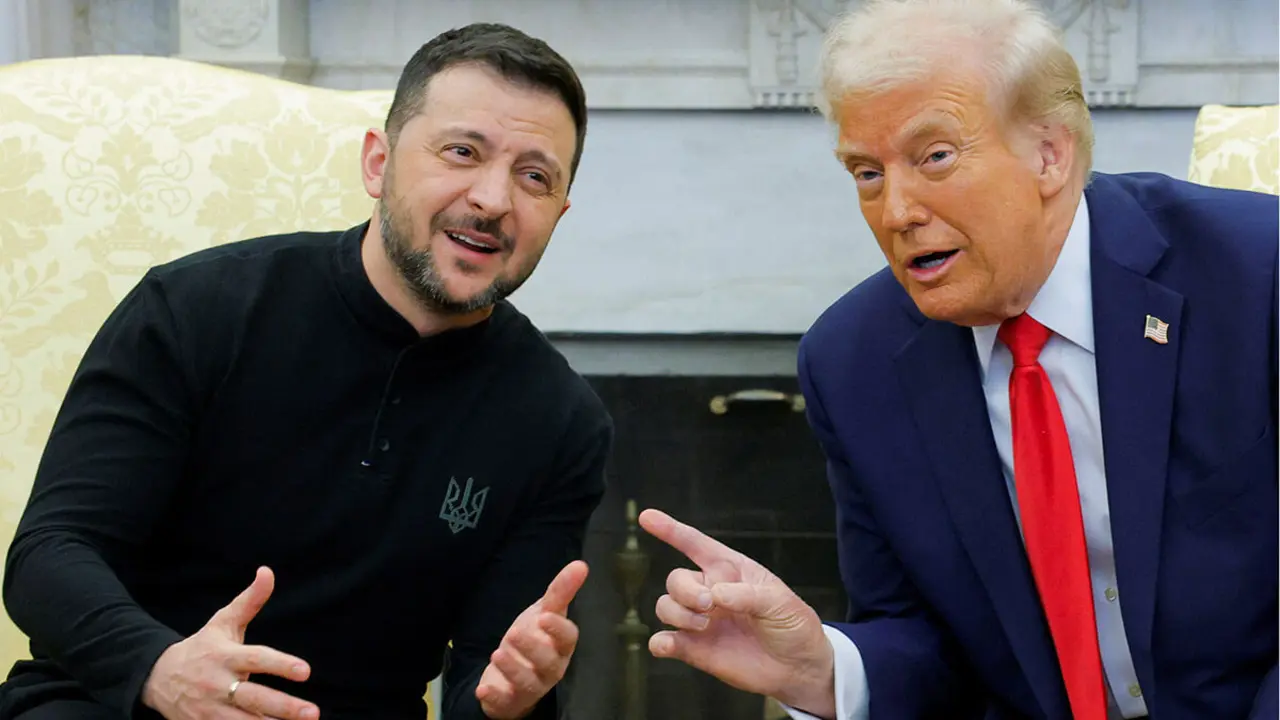Javier Solana: "The best thing we can do is to conduct the relationship with China in the best possible way"

In the political landscape of new trends in the United States and how they affect Europe, we spoke with Javier Solana to discuss the issues surrounding the US-China relationship. In the context of a new Biden administration and what to expect from it.
How can the EU enforce its values in this triangle and how can it contribute? Questions posed by Fundación Alternativas at the colloquium entitled "Can the US and China coexist? The challenges for the EU".
Is the new change profound enough? Foreign policy is linked to what happens at home. Solana argues that the best thing the new US administration has been able to do is that all the presidential decrees that had been taken under Trump have been reversed.
The return to the Paris agreement is where there is most potential for change. That's a very important signal and it's great news. "On climate change is where we're going to see most easily what this change with the United States means. Maybe we can carry this trend of multilateral work into other dimensions."
"I don't like the so-called 'Summit for Democracies' because we are once again putting a circle around some in which the others cannot be part of. We should try to recover multilateral relations. This pact can be misinterpreted".
He mentions that avoiding the sale is also very important for peace from the perspective of how the presidential orders that President Trump had taken in the country in recent years have changed. "I think it is a radical change and we are going to see how we are all capable of ensuring that it also becomes a change that multilateral organisations are going to have in multilateral cooperation".

What it also takes is what we could call in English 'the healing' in the rooms in the capacity to heal that South American society and there really are the steps that are being taken to try to heal the South American relationship. Some major processes are going to be very slow and some have not yet been agreed upon.
Competition in technology with consequences. Competition in technology, China produces more engineers, mathematicians, physicists, etc., than any other country in the world. If you compare it to the US it would be four times more - it has an extraordinary capacity. "We have to get used to the idea that Xi Jinping is going to be in power until 2035, when he will be 82 years old, the same age as Mao was when he retired, so the best thing we can do is to manage the relationship with China in the best possible way, because it is going to be a long one, and the US has to do its part to advance relations with the Asian giant," Solana clarified.
Javier Solana defines foreign policy, diplomacy, in principle, as the closest thing to gardening. It is to be careful, to generate consensus, to look for a means, to look for coalitions. It is to generate strategic trust, not just tactical trust. "When we are practically devoid of these values, we have no elements that allow us to say that the world is moving in the direction of trust."
With respect to the EU, he mentions that the EU is willing to cooperate. The EU has already drafted what its relations with states in structures could be. However, they have not yet presented them.
"It seems to me that there was no reason to wait for the new administration to get going. We would have to wait months. The mix is not yet in place. We could not have signed anything with the US and there was no point in leaving China waiting in this situation. I think it's a good decision and I think we have a line where we could move forward if we can move forward together with the Americans."
"The trade situation right now is very complicated because China is running a very large trade group with the US outside. The Trump era has left us with a complicated world."
According to Solana, the Democratic Party has always had a certain protectionist tendency. But, well, saying that foreign policy fundamentally has to be for the benefit of the American middle classes and "a burden of protectionism that we cannot forget".
"The EU's relationship with China is positive and constructive. What is possible is another matter, but it is desirable."








